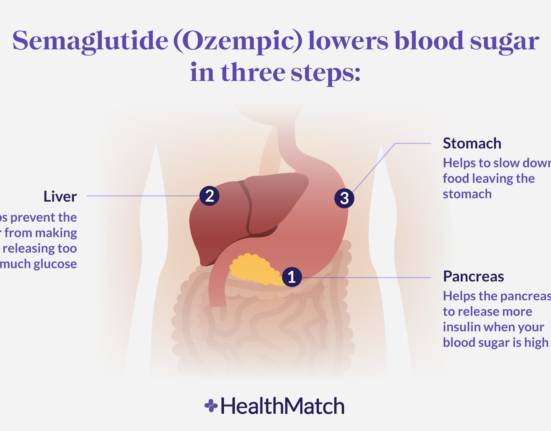Treatment Of Hepatitis
WHO is working with scientists and policymakers in affected countries to understand the cause of the infection, which does not appear to be related to any of the five known types of hepatitis virus: A, B, C, D. And E.
Although the world has guidelines and tools to diagnose, treat and prevent chronic viral hepatitis, these services are often out of reach in communities and sometimes only available in central or specialized hospitals.
“To be most effective, hepatitis care must be delivered in communities through strong primary health care and health,” said WHO chief Tedros Adhanom Ghebreyesus in his message on World Hepatitis Day. should be integrated with other health services to meet the other needs of .
In Danger
Although most acute infections cause mild illness and even go unnoticed, some can develop complications and become fatal.
In 2019 alone, complications from acute hepatitis A to E caused an estimated 78,000 deaths worldwide.
Global efforts prioritize eradication of hepatitis B, C and D infections.
Unlike acute viral hepatitis, B, C, and D cause chronic disease, lasting for decades, leading to more than a million deaths annually from cirrhosis and liver cancer. And they are responsible for more than 95 percent of deaths from hepatitis.
Death Every 30 Seconds
“Every 30 seconds, someone dies from hepatitis-related diseases such as liver failure, cirrhosis and cancer,” said the WHO chief.
Additionally, nearly 80 percent of people living with the disease are unable to access or pay for care.
With the goal of eliminating hepatitis by 2030, the United Nations Health Organization has asked countries to meet four specific targets.
Its goal is to reduce new hepatitis B and C infections by 90 percent. 65% reduction in hepatitis-related deaths from liver cirrhosis and cancer; Make sure that at least 90 percent of people with hepatitis B and C viruses are diagnosed. And at least 80 percent of those eligible receive appropriate treatment.
According to the WHO, “Low coverage of testing and treatment is the most important gap that needs to be addressed to achieve global elimination targets by 2030.”
Raise Your Voice For Action
The WHO calls on all governments and partners to “increase the use of effective tools” against the potentially deadly disease.
Tedros drew attention to a new WHO report showing how Brazil, Egypt, Georgia, Mongolia, Rwanda, Thailand and the United Kingdom are implementing WHO tools and guidelines to reduce hepatitis B and Progress is being made towards the elimination of C.
He said that with political determination and investment, the eradication of viral hepatitis is within our reach.
July Spotlight
The purpose of the day is to raise awareness about viral hepatitis, which causes inflammation of the liver that can lead to serious illness and liver cancer.
It also provides an opportunity to intensify national and international efforts against the infection, motivate people, partners and the public to act, and highlights the need for a broader global response, as the WHO World As described in the Hepatitis Report 2017.
This year, WHO has highlighted the importance of bringing hepatitis care closer to primary health centers and communities, for better access to treatment, regardless of the type of hepatitis.
July 28 was chosen because it is the birthday of Nobel Prize-winning scientist Barch Blumberg, who discovered the hepatitis B virus (HBV) and developed a diagnostic test and vaccine for the virus.
For more information, please visit friday night funkin unblocked games 911.








5 Comments